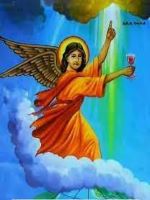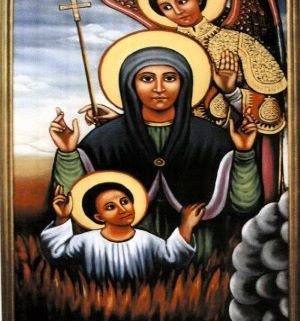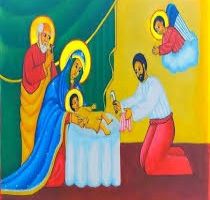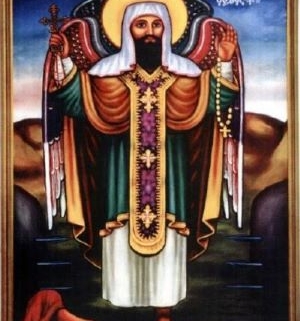Dear Children of God! how are you? Happy holiday of our Lord and Savior Jesus Christ’s Birthday! We hope the holiday brings you joy and happiness! How have you planned to celebrate the feasts of our Lord’s birthday? May we remind you it shall be by keeping liturgy and order of the Holy Church.
It is also a must to attend the Church in commemorating the day in Glory and Honor of the Lord by praising, veneration, prayer and in celebration of God’s work. Through the Lord’s suffering and crusixifcation. He came down and wore mankind’s flesh and blood by being born from Holy Mother Saint Virgin Mary, for the salvation of human race.
Dear Children of God! if you remember we have seen about the meaning of pictures, holy icons, the color we use to paint them and their mystery. On this section, we will see about the miracles done by Pictures of salvation.





